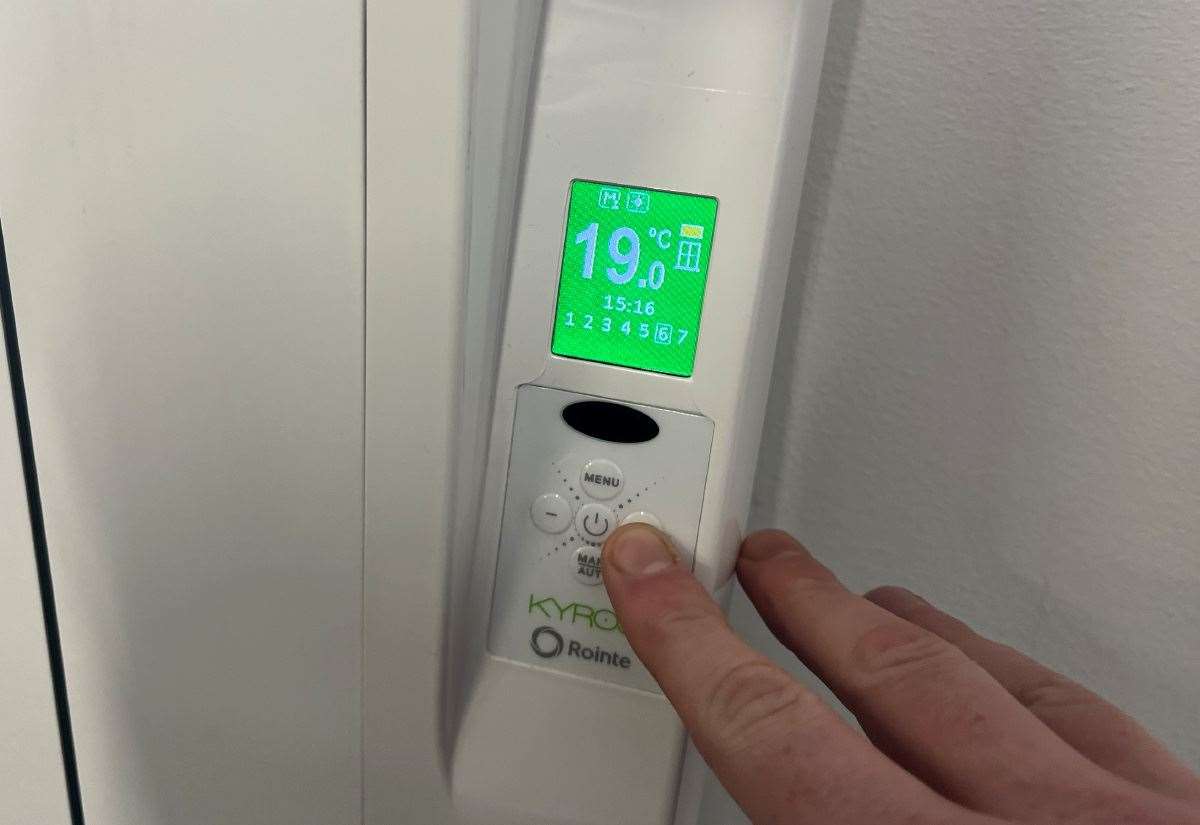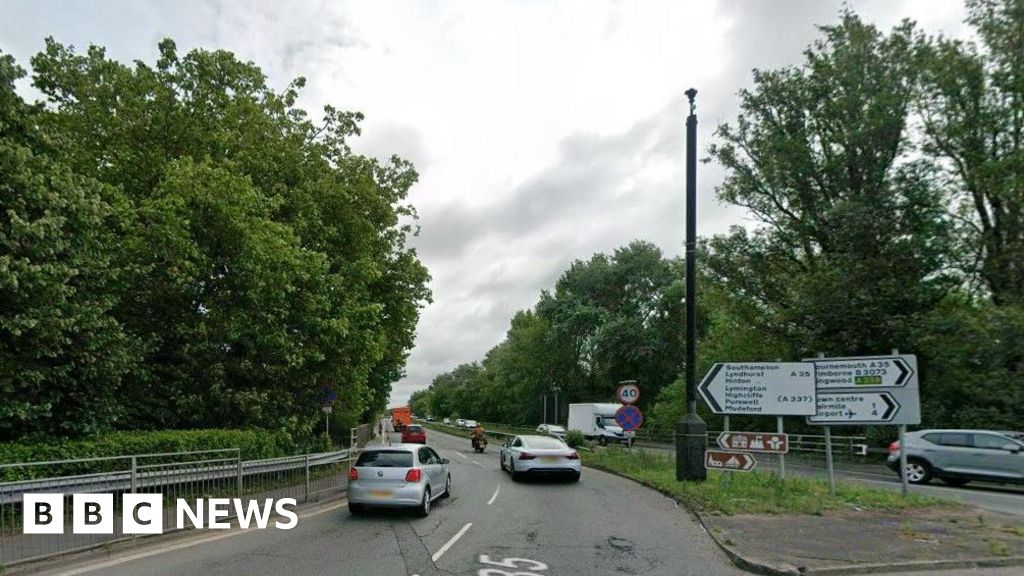Copyright shetlandtimes

An energy expert has called for a social tariff to be developed to combat critical levels of fuel poverty experienced in the isles. Fuel Bank Foundation chief executive Matthew Cole issued the message to the UK government when he visited Shetland on Friday. Speaking to The Shetland Times, he revealed that 1,854 people in the isles - including 614 children - had received 1,000 fuel vouchers since January 2023 to help keep their households warm. Mr Cole said it was “really worrying” to see more single men being referred to the charity to receive short-term energy relief throughout the year. He also said more needed to be done to make lives easier for people who found it difficult to heat their homes, have warm showers or switch on the kettle. “You're just thinking about survival,” Mr Cole said. “And so, what Fuel Bank Foundation tries to do is just plug that gap, really simply.” This is week two of Mr Cole’s month-long tour of the UK to witness the depths of despair some people are facing due to their energy difficulties. During his time in Shetland, He met Shetland Citizens Advice Bureau and was shown the Viking Energy windfarm, as well as other parts of the isles. These visits helped to highlight the injustice Shetlanders are facing, living where great amounts of energy are produced, while some still find the costs of energy unaffordable. Fuel Bank Foundation will normally give around 10 days of fuel to use to people who are referred to the charity but in Shetland the reality of that support is different. A Shetland household would find it hard to stretch the fuel for as long as 10 days because of geographical challenges, including time of the year, shorter days and harsher weather. One change the UK government could change would be to introduce a social tariff. Mr Coles said this would follow other countries and acknowledge that “people need to keep warm”. It would work in the same way as the winter fuel payments that many households received in recent years, Mr Cole said. This method would help provide “more targeted support” to those who need it. “I shouldn't necessarily get the same support as you,” Mr Cole explained. “I might need another 300 quid a year and you might need 600 pounds a year. So therefore, a social tariff has really got to be tied, not just to income, but the fuel poverty gap you're trying to close.” The aim of his tour is to meet politicians, charities and policymakers to make the case for reforms to the energy market that “needs fundamental change”. “I don't think we should be in a world where people are living in really, really cold homes just because they can't afford to keep warm,” Mr Cole said. “You know, 40 per cent of your electric bill at the moment is the cost of electricity. The other 60 per cent is other stuff.” Mr Cole explained that the percentage that goes towards “other stuff” is for things such as infrastructure projects. Money was required to build the windfarms, substations and also maintain the grid, and that was where the 60 per cent was going. However, although the UK and Scottish governments were pushing policies to tackle climate change, and to make everyday life less carbon pollutive, Mr Cole said it had caused a vicious circle of fuel poverty. “You can see local, isolated cases where actually doing the right thing environmentally has pushed people into fuel poverty,” Mr Cole said. “And maybe that's okay, if there's support in place to say, ‘okay, we are going to put a heat pump in place, but we're going to provide you with additional support’. It's when the additional support isn't there, which causes the problem.” Mr Cole is also the chairman of the Scottish government’s independent Fuel Poverty Advisory Panel. The panel’s job is to review then challenge the work the government does to eradicate fuel poverty by 2040 - a self-imposed target. From there the panel would give advice to the government. Mr Cole said that if the government “re-doubled its efforts” it would go some way towards meeting the 2040 target. The panel published a report in the last few weeks which called for the government to make changes to its own strategy to reach that goal. It had not been updated since the energy crisis began in 2022, Mr Cole said. “And so more people are living in fuel poverty in Shetland, and across all of Scotland, than they were when they originally developed the strategy,” the fuel bank chief executive said. “That's why the Scottish government need to write a new strategy down.” He added there was a “really clear roadmap” to lift people out of fuel poverty but issues like insulating homes would take investment to achieve. Do you want to respond to this article? If so, click here to submit your thoughts and they may be published in print.



